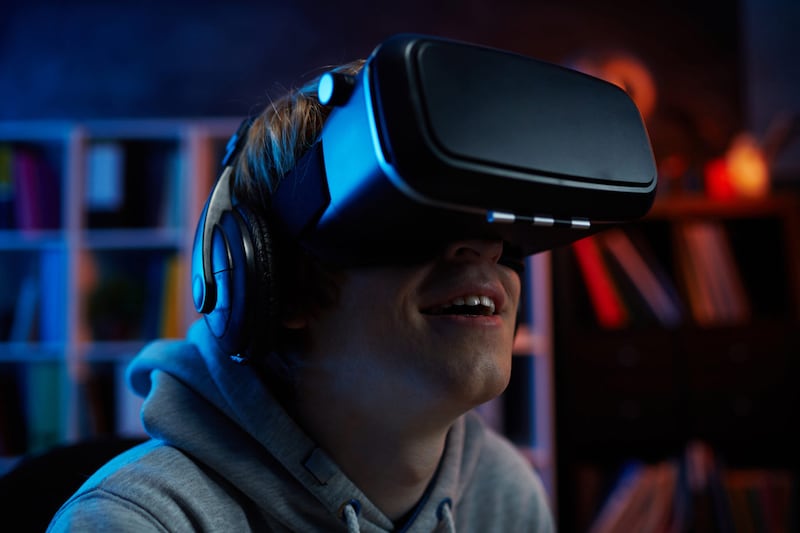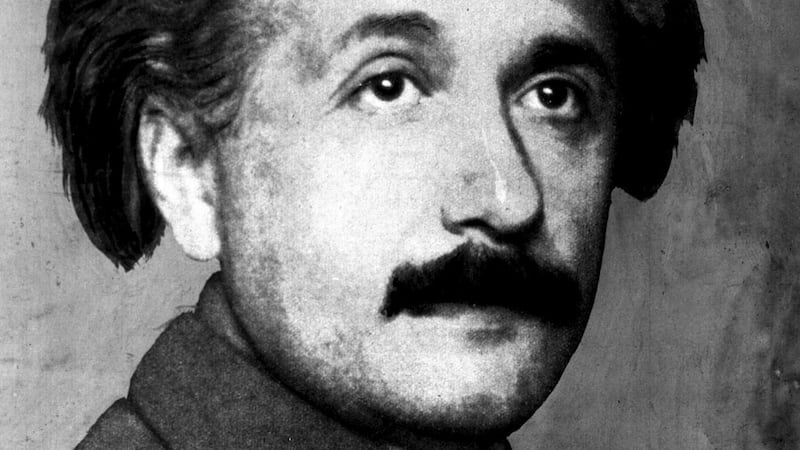Could pretending to be a smart person actually make you smarter?
Strange as it may sound, an experiment involving 30 people has shown that people who took on the body of Albert Einstein – a man who is considered to have one of the greatest scientific minds of all time – in a virtual reality (VR) experiment appeared to show an ability to “unlock mental resources that they don’t normally access”.
The research, conducted by a team at the University of Barcelona in Spain, saw the participants don a VR headset to transform into Einstein in a “virtual embodiment experiment”.
Dr Mel Slater, a professor at the university’s Faculty of Psychology, explained: “Virtual reality can create the illusion of a virtual body to substitute your own, which is called virtual embodiment.
“In an immersive virtual environment, participants can see this new body reflected in a mirror and it exactly matches their movements, helping to create a powerful illusion that the virtual body is their own.”
The participants, who were all male, completed a questionnaire that assessed their problem-solving skills, ability to plan ahead, self-esteem and bias towards older people.
Half of the test subjects experienced a virtual Einstein body while the remainder took on the body of a normal adult.
After spending some time in the virtual environment, the participants repeated the cognitive and bias tests.
The researchers found that people – especially those with low self-esteem – performed the cognitive tasks better after taking part in the virtual Einstein experience, compared with those who experienced a normal body of someone their own age.
And those taking on the role of Einstein in VR were also found to show a reduced inherent bias against older people.

The researchers believe that being in the body of someone extremely intelligent may have caused the participants to think about themselves differently and unlock a part of the brain that would otherwise be inaccessible.
They say a larger study with more participants is needed to further investigate the findings.
However, the team add that their results so far suggest that the method could help people with low self-esteem – although it is not clear whether the effects are long-term.
Dr Slater said: “It is possible that this technique might help people with low self-esteem to perform better in cognitive tasks and it could be useful in education.”
The research is published in the journal Frontiers in Psychology.









